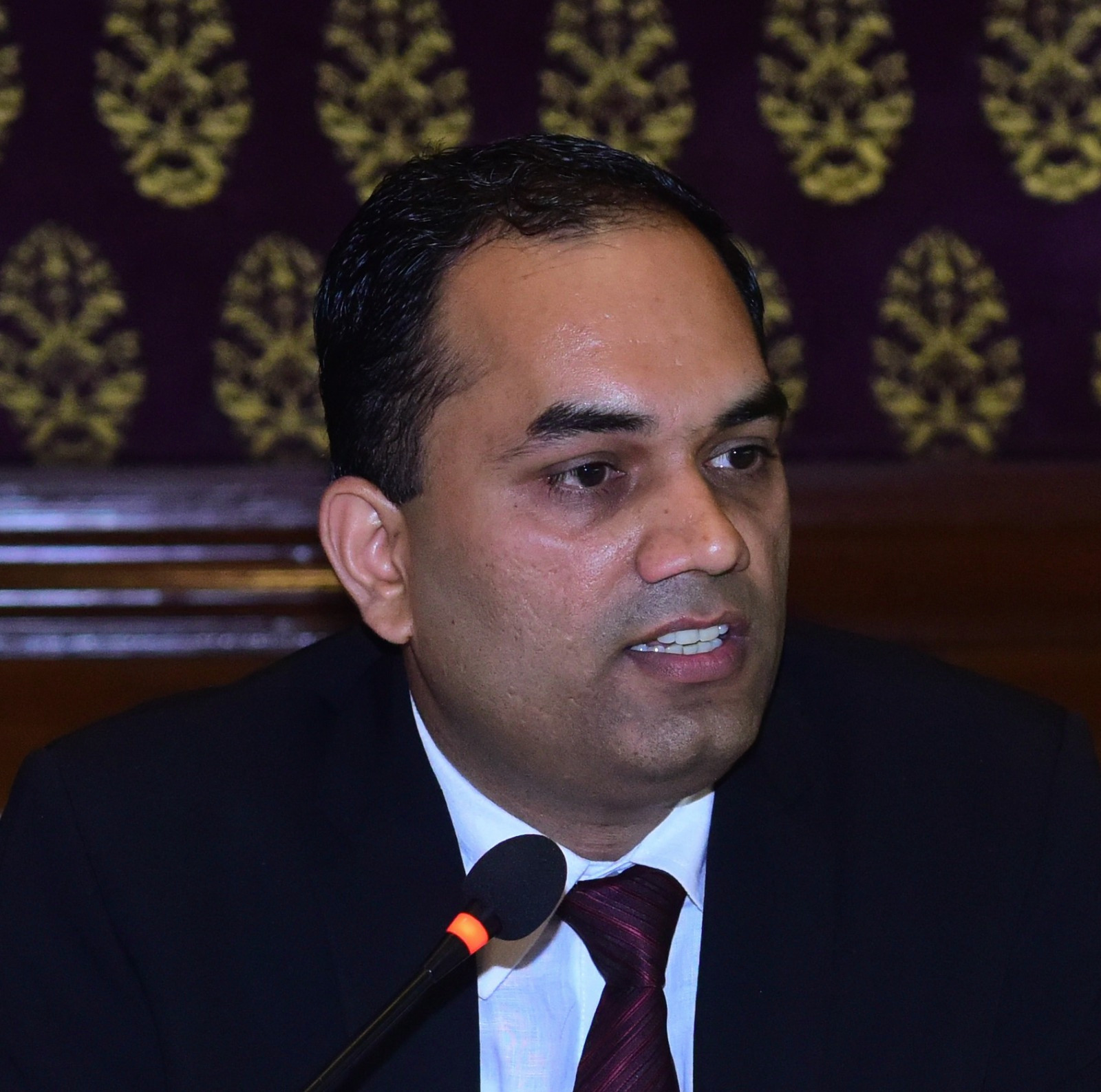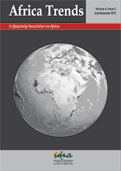Fundamentalism: Prophecy and Protest in the Age of Globalisation by Torkel Brekke
The book is based on the premise that ‘fundamentalism’ that gives an impression of antiquity is a modern phenomenon and ‘relatively a recent thing’ (p. 17). It explains fundamentalism as a powerful reaction against modernity that has brought unprecedented linear transformations in the economic, political, scientific and educational spheres undermining the influence of tradition and religion over the past couple of centuries. Fundamentalism is an endeavour to reverse the ‘negative side’ of modernity
- Saurabh Mishra |
- July 2013 |











